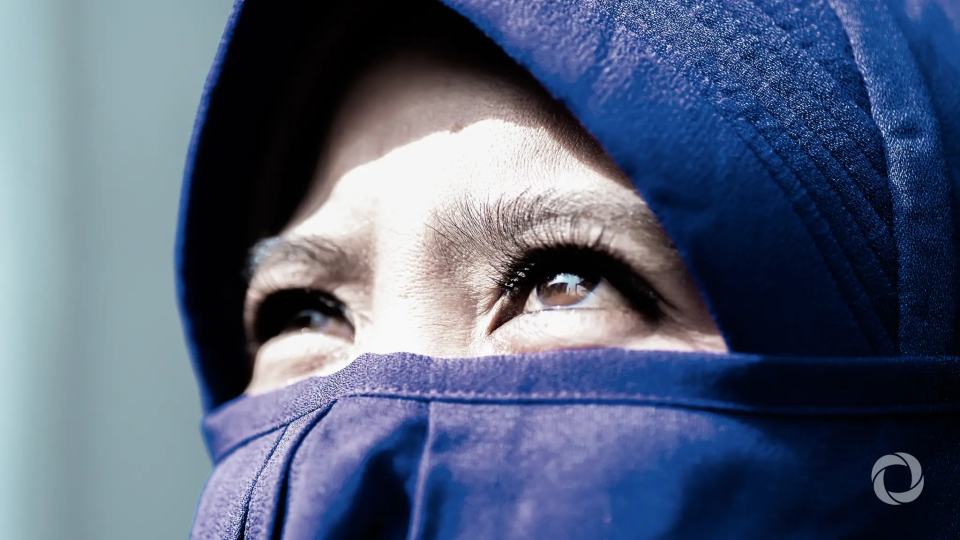Kuwait has made real progress protecting women’s rights through recent legal changes, but needs to do a better job actually putting these reforms to work, UN Special Rapporteur Reem Alsalem said after wrapping up her country visit, according to a press release. Alsalem praised Kuwait’s 2020 Domestic Violence Law, changes to the 2025 Penal Code that ended lighter sentences for “honor crimes,” and updates to marriage laws that set the minimum age at 18 for both men and women. But she said the agencies supposed to prevent violence against women need serious fixes to close enforcement gaps.
The Special Rapporteur noted Kuwait’s broader push for gender equality under its Vision 2035 plan and more women taking part in society. Yet she pointed out that legal progress doesn’t mean much without better help for violence survivors. Women hit roadblocks when trying to report crimes, get justice, or find protection and support—problems that require stronger teamwork between government and community groups to expand services focused on survivors.
“Despite important legal strides, the current institutional architecture for the prevention and response to discrimination and violence must be reviewed and adjusted in order to effectively address gaps in implementation and enforcement,” Alsalem said.
She raised serious concerns about Kuwait stripping citizenship from tens of thousands of people, which hit women who became citizens through marriage especially hard. This decision has wrecked these women’s lives, leaving them in shock and cutting them off from basic services.
Alsalem also found that non-Kuwaiti women and those living without proper papers still have trouble getting help, protection, and justice when facing violence.

